
signora Flora

Tonia

Grandmother Assunta
Eight episodes vaguely inspired to real events. The "fil rouge" is the relationship between the Italians and sex in the first years of 2000s. From prostitution to virtual sex all the categories are represented in a funny way that anyway tries to investigate this kind of reality.

Moglie di Salvatore Azzaro

Grandmother of Claudia
Doctors at a rejuvenation clinic discover a formula that will prevent aging.

Mrs. Livatino
The true story of Rosario Livatino, a young judge in Sicily in the early 1980s, who have been nicknamed 'The Boy Judge' from the President of the Republic. He's strictly incorruptible, working hard and refusing even to shake hands with suspects. He then starts a number of investigations that lead him to touch the mafia power in the area, and then to personal war with the hidden organization.

Mother of Pirandello (segment "Colloquio con la madre")
새가 굽어보는 시칠리아의 아름다운 자연을 배경으로, 모자관계를 다룬 '다른 아들', 늑대인간 모티프의 '보름달의 매혹', 농부들의 땅에 대한 애착이 그려진 '레퀴엠'이라는 세 이야기가 프롤로그, 에필로그와 함께 절제되고 정돈된 프레임으로 펼쳐진다. '카오스'는 에피소드 구성을 전면화한 작품으로 마치 새가 이끄는 대로 이곳 저곳 날아다니다가 잠시 머물면서 이야기를 듣는 것 같다. 루이지 피란델로의 원작을 바탕으로 형제 감독의 탁월한 연출력이 돋보이는 수작

Palmira
The last wish of Vito Fonseca dying is to be buried in his native Naples. And so it is. When the young and beautiful wife Fanny arrives in Naples, she discovers that her husband had a son, Ferdinando, a wife and a villa of which he is the sole heir.

Assunta

Assunta

Donna Assunta
Francesco Improta is an honest fruit and vegetable peddler who lives with his elderly mother Assunta and daughter Fiorella. His wife Lucia left home two years earlier, as, in order to help the family, she did not hesitate to give herself to the boss Peppino Ascalone, with whom she is now forced to live together.
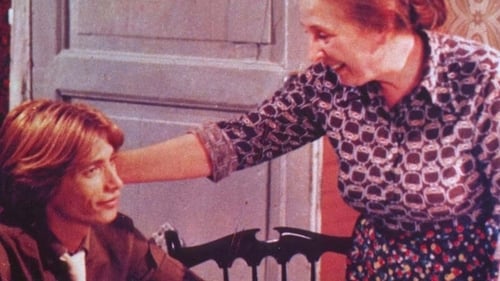
Rosa Capece

Maddalena, la madre

Istevene's Mother
Former shepherds return to Sardinia from Milan in order to avenge a brother wantonly killed by bandits. In describing the grinding contrasts between places and personages of old and new Sardinia, director Piero Livi does not falter, photographing faithfully a desolated land, stuck in the past but alienated from traditional beliefs.
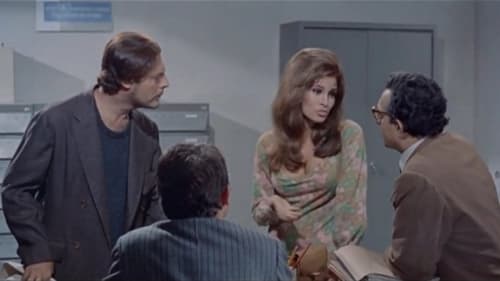
Rosa Amitrano
Stuck in a dream world of his own, Italian sculptor Albert Saporito, sometimes has difficulty separating truth from fiction. When he dreams that his gangster neighbor has been murdered, he reports the crime to the police, only to involve himself in a complicated situation.

The events in Naples of a few ‘figli della Madonna’ (Madonna’s sons), young people born between 1945 and 1946 from the relationship between the local women and Afro-American soldiers.

Concetta Capuozzo
The four days of Naples was not a revolution. They had no leaders, no preparations of any kind. The revolt was born and flared up in a matter of hours. The whole population of Naples took part in it, but they all did so without consulting the others. Driven by a kind of necessity, the Neapolitans took up their rifles, armed themselves with stones, household objects, and bottles of petrol, and fought on their stretch of road, anonymous and silent. Once the battle was over, everyone returned to their homes and the revolt remained in memory with only the names of the dead, those, at least, who were known. One figure still remembered is that of Gennarino Capuozzo, a ten-year-old boy who was killed on a barricade while fighting against the invaders of his village.

Luchino Visconti's nephew's debut, also awarded at the Venice Film Festival. Detailing the title and translating: 'A (n upper middle-class love) story set in the italian town if Milan (at the beginning of the '60s)'

Giulia
A middle-aged plumber quits his job and questions his life after seeing somebody his own age suddenly die from a heart attack on his way to work.

Filumena Marturano

Amalia Jovine
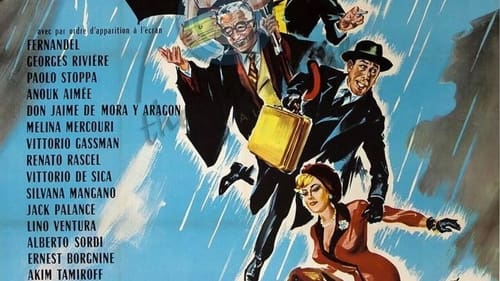
The Last Judgement (Italian: Il giudizio universale) is a 1961 commedia all'italiana film by Italian director Vittorio De Sica. It was coproduced with France. It has an all-star Italian and international cast, including Americans Jack Palance, Ernest Borgnine; Greek Melina Mercouri and French Fernandel, Anouk Aimée and Lino Ventura. The film was a huge flop, massacred by critics and audiences when it was released. It was filmed in black and white, but the last sequence, the dance at theatre, is in color.
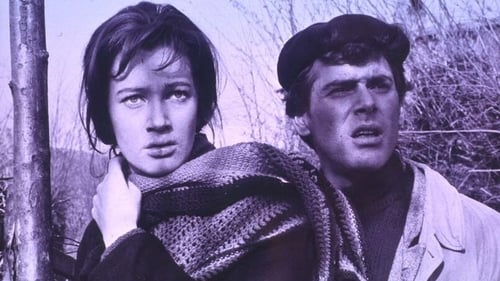
September the 8th 1943, Rome, day of the armistice. Danilo escapes the fascist enlist, while Michele succeeded to leave his administration moving from Rome. On the way to come back Rome the two meets Gino and all together will try to pass trough the Gothic Line.

Margaret
Grace Peterson works in department stores "Tutto per Tutti", along with many other young people. His employment contract entitling them to live in a boarding house built specifically for them by the company but on the other hand, forbid them not fall in love or marry under threat of dismissal. Still, Grace falls for Phil Golder, a violinist penniless. The director of the residence will notice and the best friend of the girl impersonate violinist girlfriend to try to save Grace dismissal.
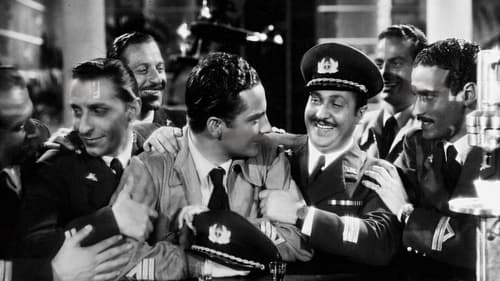
Anna













